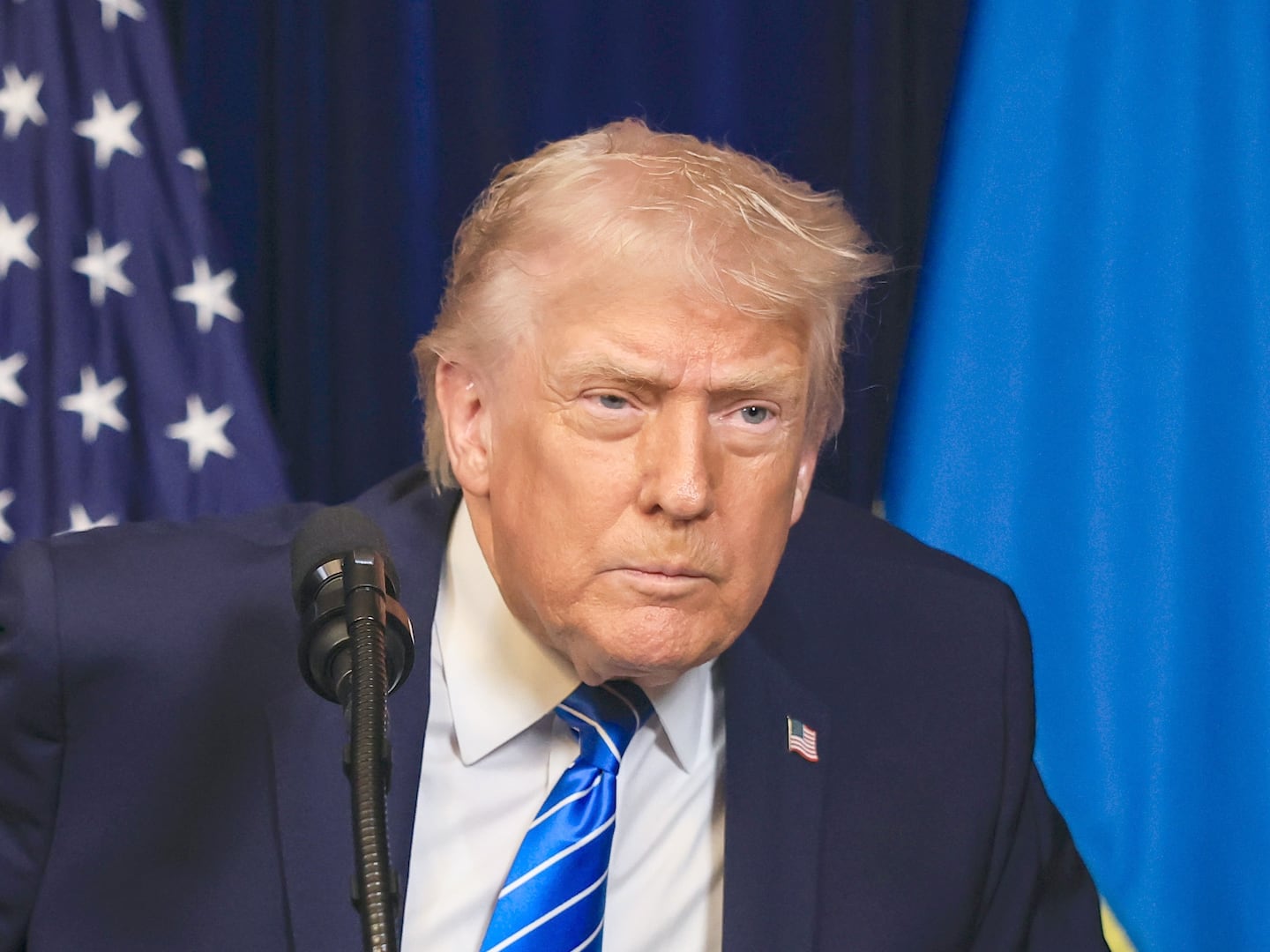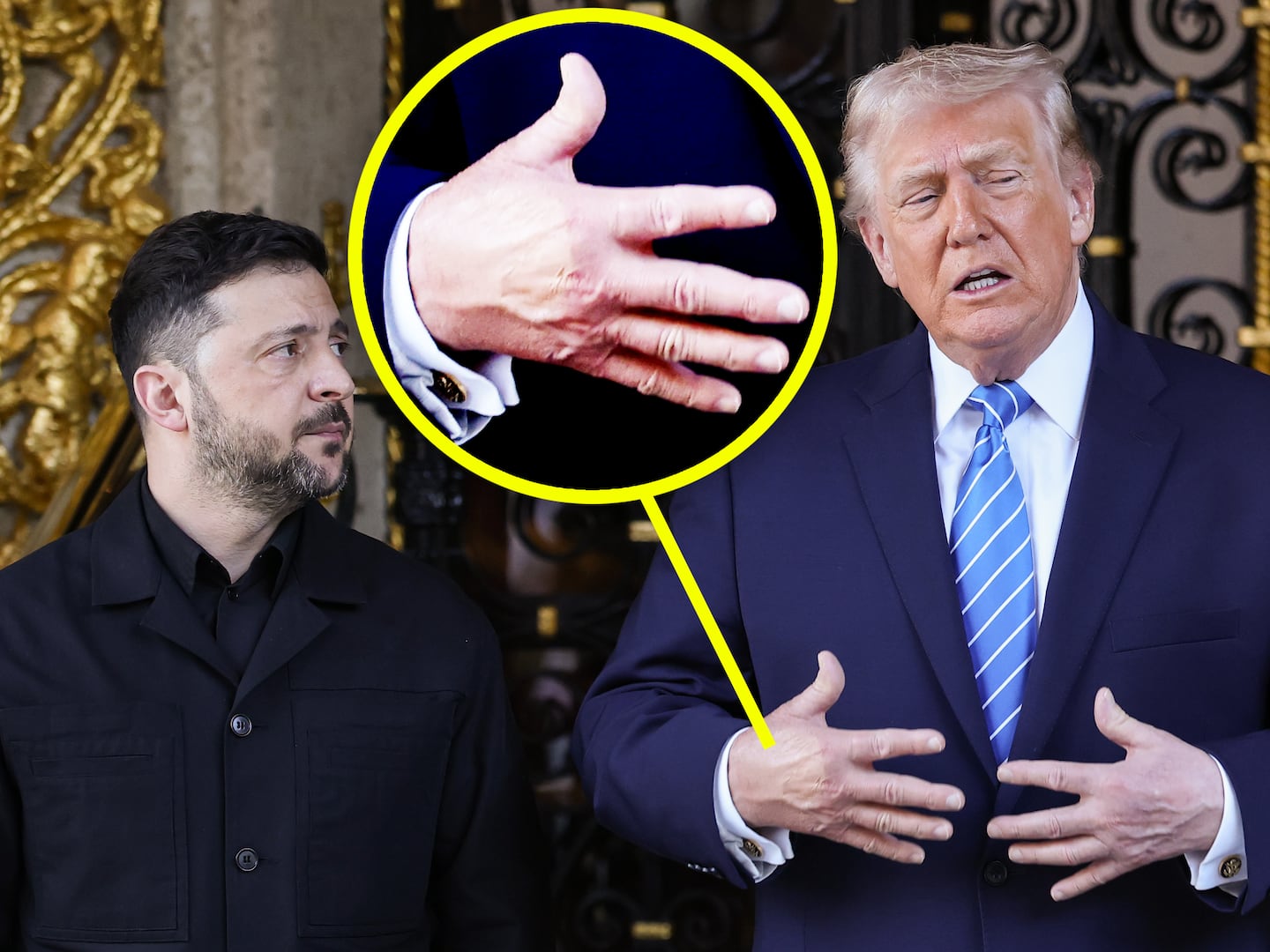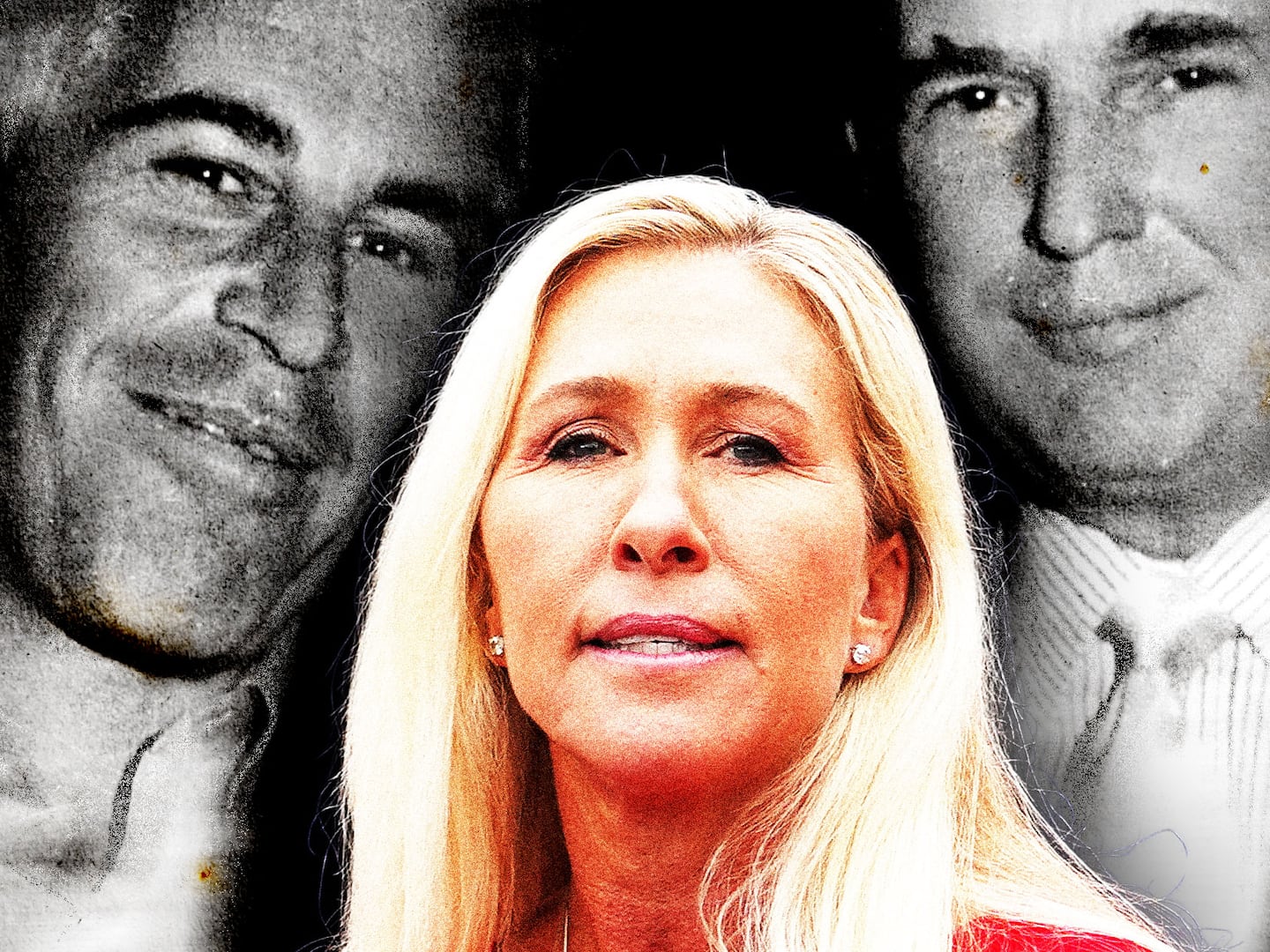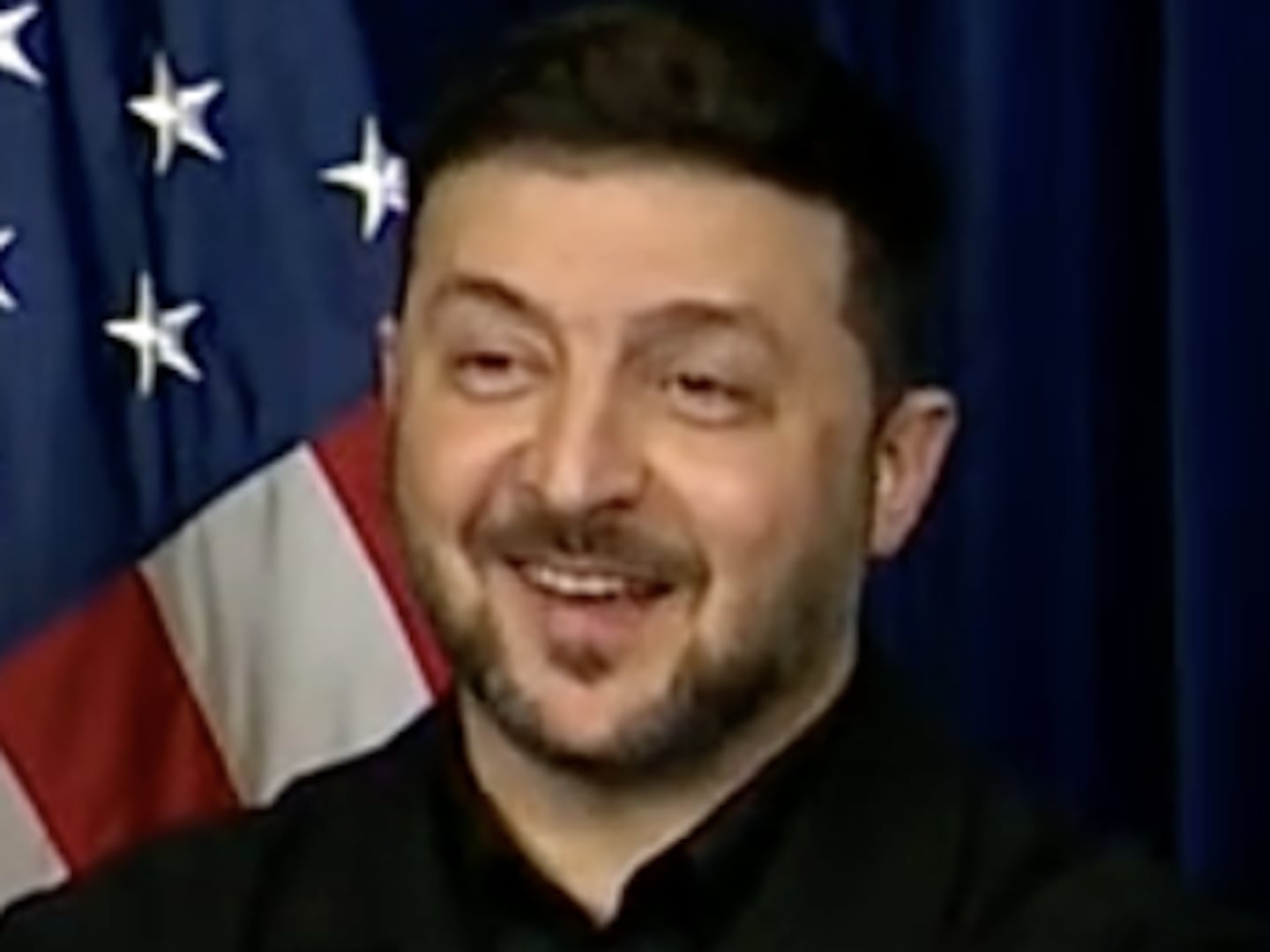
A Late but Lucky Obama SpeechBy Eleanor Clift
Maybe President Obama should have given this speech earlier, before all the doubts took hold about whether America should or shouldn't intervene in Libya. But he refused to be hurried. It's a hallmark of his leadership, for good or for ill. And he got lucky because Monday night was an optimal moment for the emerging Obama Doctrine, with the handoff to NATO complete and the momentum on the ground shifting in favor of the rebels.
The president began with a recitation of how he became drawn into the Libyan conflict, step by step, and it too reflected his careful decision-making—never rash, always cautious. He hasn't gotten much credit for stopping what he called "Gaddafi's deadly advance," and that must frustrate him. Strip away all the rhetoric about U.S. interests and this was principally a humanitarian mission, and he made the case that as president he could not stand by and let Muammar Gaddafi inflict his reign of terror on the 700,000 civilians in Benghazi.

Obama's Case for Humanitarian WarBy John Avlon
"I refuse to wait for images of slaughter and mass graves before taking action."
With that statement, staring straight at the camera, President Obama tried to make a case for humanitarian war: the limited, U.S.-led, multilateral intervention in Libya.
But as he weaved his familiar rhetorical path between the extremes—in this case neo-isolationist liberals and neoconservative regime-changers—Obama was on awkward footing trying to explain how insisting that "Gaddafi must go" did not signify a policy of regime change.

The Authentic ObamaBy Peter Beinart
John Bolton recently said that Barack Obama doesn’t believe in American exceptionalism. Tonight, Obama answered. “Some nations may be able to turn a blind eye to atrocities in other countries,” Obama declared, in justifying the intervention in Libya. “The United States of America is different. And as President, I refused to wait for the images of slaughter and mass graves before taking action.”
Obama’s is a different version of American exceptionalism. For men like Bolton, American virtue is a given. American presidents should never apologize because America never has anything to apologize for. Our mistakes are never crimes, and if others don’t see our moral greatness that just proves their moral cynicism.

Obama Phones It InBy Michelle Cottle
This was meant to be a very serious speech. You could tell by the large number of American flags (eight) behind the podium where President Obama strove to shed a little light on exactly why we are militarily involved in Libya.
No question it was an important speech. For the past week, POTUS has taken hits from every direction less for his actions than for his failure to explain the rationale underlying those actions—and what they say about his broader philosophy of foreign policy. "What exactly is the Obama Doctrine?" critics have wailed. "Clarity," then, was the watchword of the evening.
To this end, Obama attempted to lead us, step-by-step, through the events that brought us to this place: He talked about sanctions and frozen assets and international coalitions and Security Council resolutions. He spoke of Gaddafi's horrific crimes and the fragile nature of the neighboring societies. During the final ten minutes, he even made a valiant (if ultimately unsatisfying) stab at defining his threshold for U.S. military intervention. While nothing Obama said was especially illuminating, it was all very deliberate and thoughtful and rational.

America's Risky New PathBy Stephen Carter
So, where are we going next? That is the most profound question raised by President Obama's powerful defense tonight of his Libya policy. The argument he offered for intervening in a nation that has not attacked the United States can hardly be limited to this particular case.
Back in December of 2009, in his Nobel Address, President Obama insisted that morality justified outside intervention "to prevent the slaughter of civilians by their own government." Most of those who read these lines probably dismissed them as a mere rhetorical flourish: when countries kill their own people, the rest of the world has a long history of wringing its collective hands. In his speech on Libya tonight, however, the president made clear that he meant what he said in Oslo:

Obama Fudges the DetailsBy Howard Kurtz
Barack Obama made a clear and unambiguous moral case for intervening in Libya on Monday night, raising the question of why he waited nine long days to begin the task of persuading the country.
He even took on the thorniest dilemma— why Libya and not other brutal dictatorships?—with a burst of uplifting rhetoric: The fact that we can't be the world's policeman "cannot be an argument for never acting on behalf of what is right." There was even a hint of American exceptionalism: Let others "turn a blind eye to atrocities in other countries," but that is not "who we are."
It was a strong oration that played to the country's best impulses, but also fudged key elements of the administration's response.

Obama Wins Arab RespectBy Kate Seelye
It’s one of those twists of irony that the U.S.-backed no-fly zone over Libya has more support in the Arab world than in the U.S. Congress. I’m not sure if Obama’s eloquent defense of the American military mission in Libya during his address to the nation Monday night convinced a skeptical Congress of its value, but his speech certainly articulated an American role that many Arabs embrace.
Obama made a strong moral argument on behalf of saving Libyan lives in defense of democracy, and committed to doing so without putting boots on the ground. That’s proving to be a popular position in the Arab world.
Five weeks ago as pro-Gaddafi forces were stepping up their attacks on civilians and rebels, I met a visiting delegation of young Tunisian professionals. The group of 40-something men and women were still giddy from their own country’s pro-democracy revolution and horrified by the prospect of the bloodshed their neighbors in Libya would face. Over dinner in Washington, D.C., they beseeched the Obama administration to exercise its influence and stand up for Libyan human rights by setting up a no-fly zone.

Obama's Speech Unlikely to Help or HarmBy Ed Kilgore
President Obama's National Defense University speech was designed to disappoint those who wanted a specific timetable, complete with a stated "end-game," for American involvement in Libya, or a "doctrine" that would set some clear precedent for future interventions. The essence of the speech was to suggest that we are already at a stage of the conflict when it is no longer appropriate to talk of a specifically U.S. military action--much less a war--and that there is no overarching doctrine governing our policy. We are simply acting in response to a case-by-case calculus of values, interests, costs, risks, and opportunities.

Speech Delivers Bromides, Not ExplanationsBy Daniel Larison
There was not much in President Obama's speech on Libya that he and administration officials had not already said before. Dwelling at some length on the background to the ongoing U.S. and allied war, he largely elaborated on the initial remarks that he made prior to the start of the bombing campaign. The president mentioned his consultation with members of Congress almost in passing, ignoring the serious and legitimate criticism that he had bypassed Congress in starting a major military action on his own authority.
Obama boasted about the anticipated handover of control to NATO and the "supporting" role of U.S. forces, which conveniently overlooked the ongoing escalation of U.S. involvement in Libya's civil war, including low-flying AC-130 and A-10 aircraft. The speech created the impression that U.S. involvement in Libya will be brief, but Obama addressed none of the calls for defining the mission's goals, duration, or cost. The public needed a forthright explanation and accounting of the risks that a Libyan war entails, and it received bromides instead.






